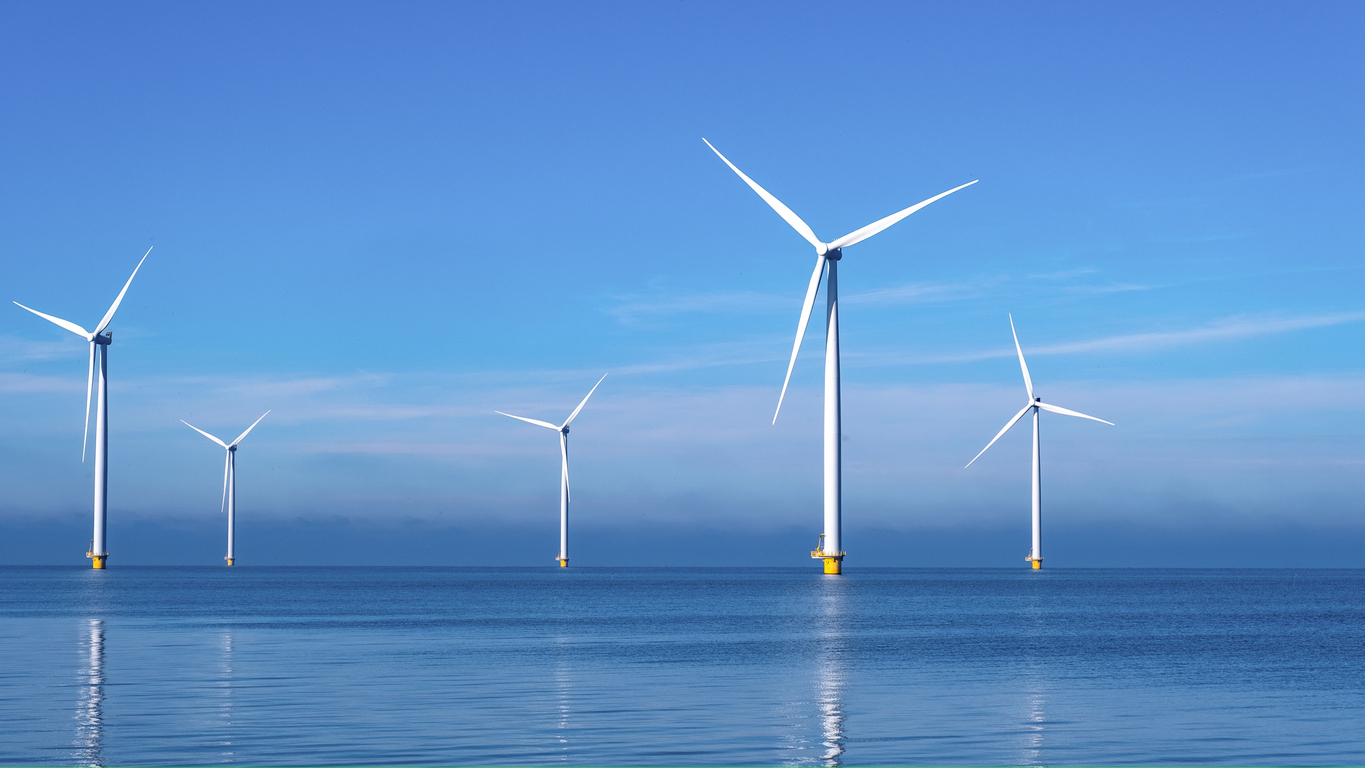Offshore Wind Turbine Installation in Nigeria: A Growing Renewable Energy Opportunity
As Nigeria seeks to diversify its energy sources and address growing electricity demands, renewable energy projects such as offshore wind farms are gaining attention. Offshore wind turbines offer a sustainable and efficient solution to harness Nigeria’s coastal wind resources, contributing to energy security and environmental sustainability.
This article explores the potential for offshore wind turbine installation in Nigeria, the challenges, and the opportunities for businesses and stakeholders.
Why Offshore Wind Energy in Nigeria?
- Abundant Coastal Wind Resources:
Nigeria’s extensive coastline along the Atlantic Ocean provides significant potential for harnessing wind energy. Offshore winds are generally stronger and more consistent than onshore winds, making them ideal for energy generation. - Energy Demand and Deficit:
With a population of over 200 million, Nigeria faces challenges in meeting electricity demands. Offshore wind energy can complement existing power sources and reduce reliance on fossil fuels. - Environmental Benefits:
Offshore wind farms contribute to reducing carbon emissions, aligning with global efforts to combat climate change. - Support for Energy Transition Goals:
Nigeria’s Renewable Energy Master Plan (REMP) emphasizes increasing renewable energy contributions to the national grid, creating a favorable policy environment for offshore wind projects.
Steps in Offshore Wind Turbine Installation
- Site Selection and Assessment:
- Conducting feasibility studies to identify locations with optimal wind speeds and minimal environmental impact.
- Coastal areas in Lagos, Delta, and Rivers States show promise due to favorable wind conditions.
- Permitting and Regulations:
- Navigating local and international regulations to secure necessary approvals.
- Ensuring compliance with environmental and maritime laws.
- Foundation Installation:
- Types of foundations used include monopiles, jackets, and floating foundations, depending on the water depth and seabed conditions.
- Turbine Assembly and Installation:
- Transporting and assembling turbine components, often involving specialized vessels and cranes.
- Offshore turbines require robust designs to withstand harsh marine environments.
- Grid Connection:
- Establishing submarine cables to connect the offshore wind farm to the onshore power grid.
- Collaborating with Nigeria’s Transmission Company for integration into the national grid.
Challenges in Offshore Wind Turbine Installation in Nigeria
- High Initial Investment:
- Offshore wind projects require significant capital for infrastructure, logistics, and technology.
- Technical Expertise:
- A shortage of local expertise in offshore wind installation may necessitate reliance on international partners.
- Infrastructure Gaps:
- Limited port facilities and offshore installation vessels pose logistical challenges.
- Regulatory Uncertainty:
- Clear policies and frameworks specific to offshore wind projects are still in development.
- Environmental and Social Concerns:
- Mitigating impacts on marine ecosystems and addressing concerns from coastal communities.
Opportunities for Businesses and Investors
- Local Content Development:
- Nigeria’s Local Content Act encourages partnerships with local firms, creating opportunities for skills transfer and local job creation.
- Technology Partnerships:
- Collaboration with international renewable energy companies can fast-track technology adoption and knowledge sharing.
- Supply Chain Opportunities:
- Opportunities for local companies to supply materials, services, and logistics support during installation and maintenance phases.
- Government Incentives:
- Renewable energy projects in Nigeria may qualify for tax incentives, grants, and support under the country’s renewable energy policies.
How Wigmore Trading Supports Offshore Wind Projects
At Wigmore Trading, we offer tailored logistics and supply chain solutions to support renewable energy projects, including offshore wind turbine installations:
- Specialized Freight Services: Transporting turbine components, heavy equipment, and construction materials.
- Customs Clearance Expertise: Ensuring timely and efficient clearance of imported components.
- Project Management Support: From planning to execution, we streamline logistics to keep projects on track.
With Wigmore Trading as your partner, you can focus on harnessing Nigeria’s wind potential while we handle the complexities of logistics.
Future Prospects for Offshore Wind Energy in Nigeria
- Government Support:
- Increased policy focus on renewable energy could accelerate offshore wind projects.
- Technological Advancements:
- Floating wind turbines can unlock deeper waters for energy generation.
- Regional Leadership:
- Successful offshore wind projects could position Nigeria as a renewable energy leader in West Africa.
Conclusion
Offshore wind turbine installation represents a transformative opportunity for Nigeria to expand its renewable energy portfolio. While challenges exist, the benefits of clean, sustainable energy make it a promising venture.
Wigmore Trading is committed to supporting renewable energy initiatives with reliable logistics and supply chain services. Contact us today to explore how we can assist in bringing your offshore wind project to life.







Comments are closed.